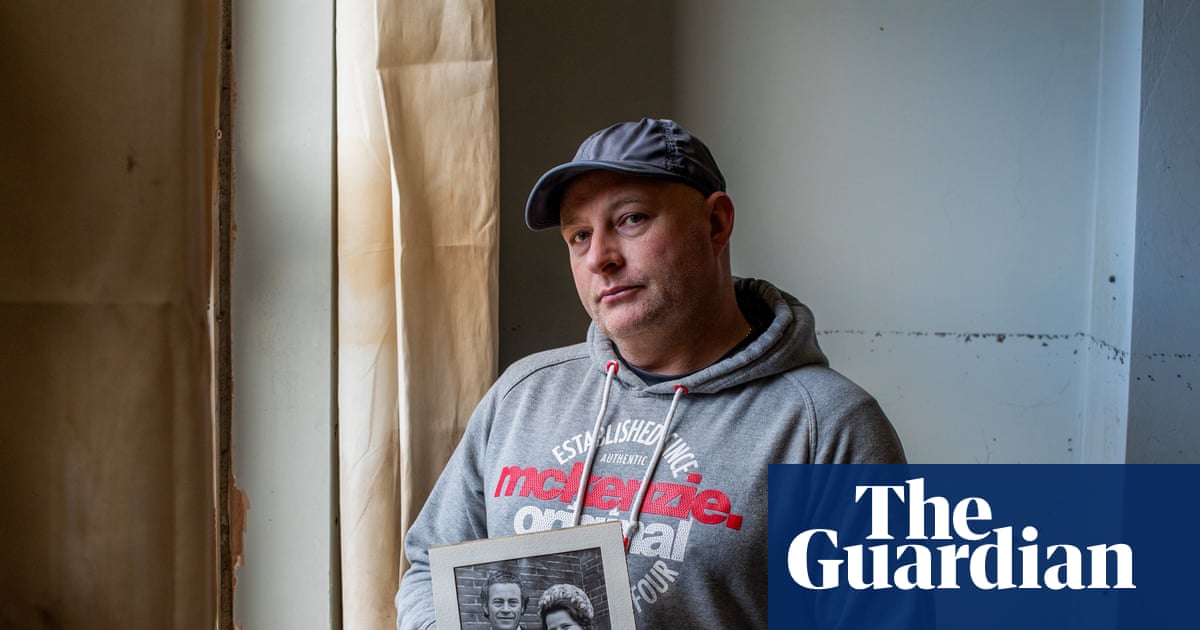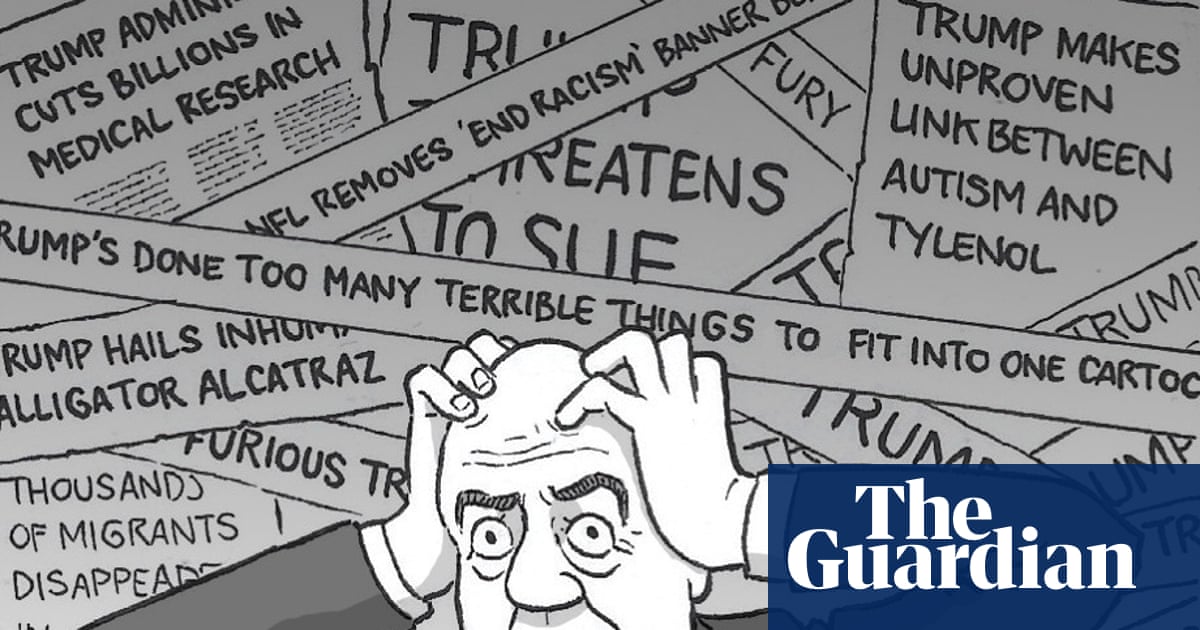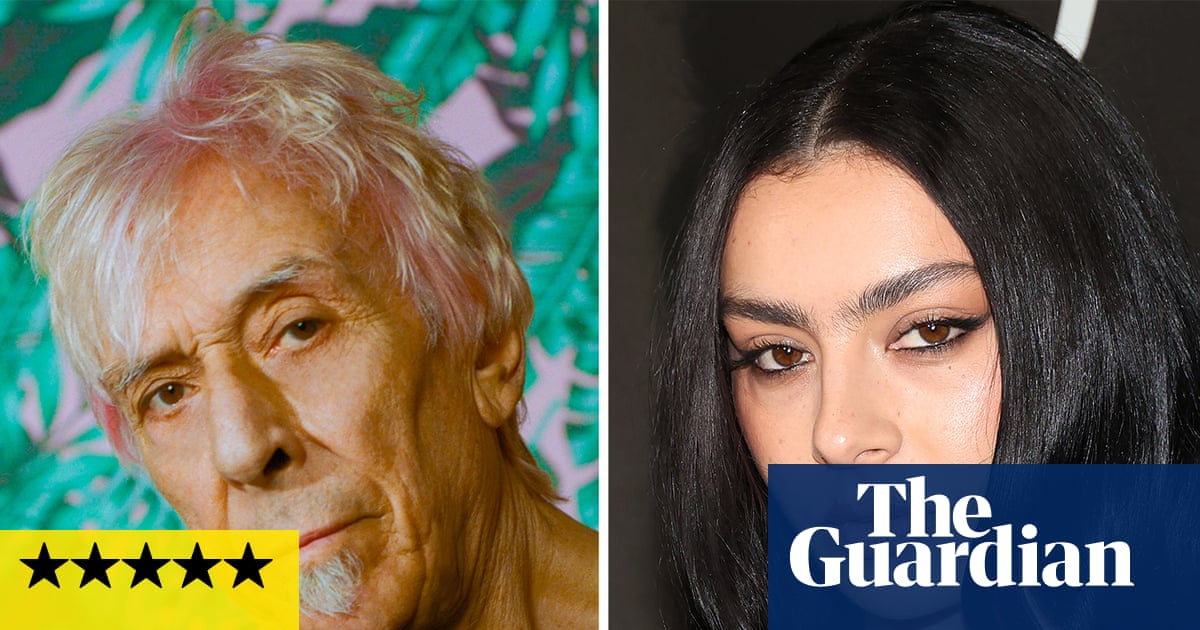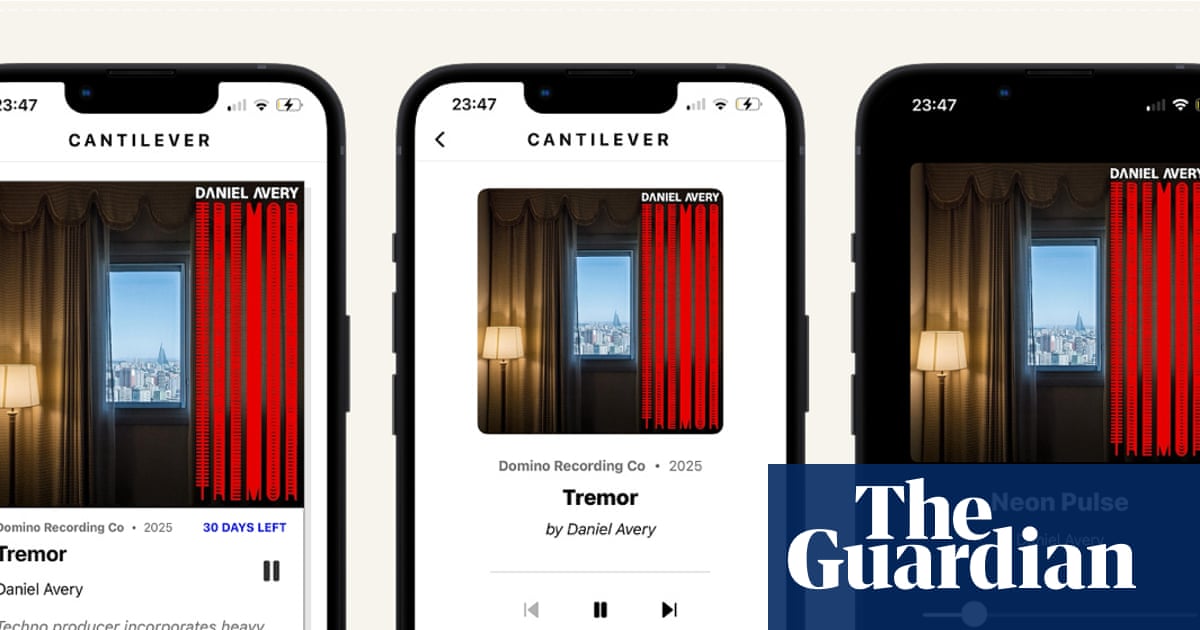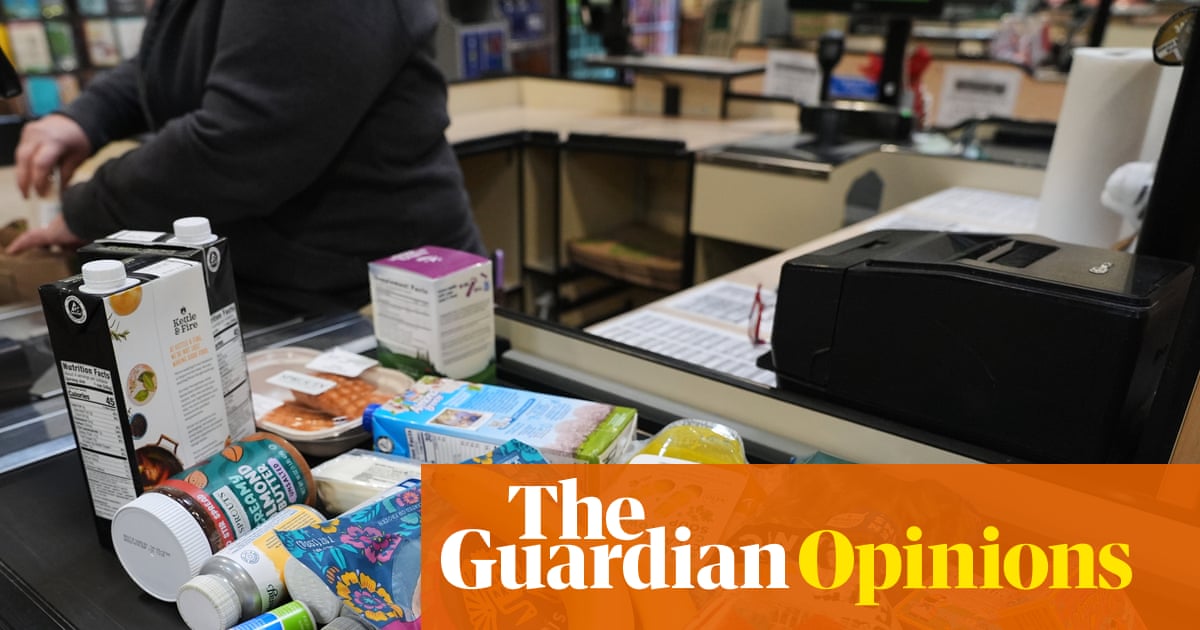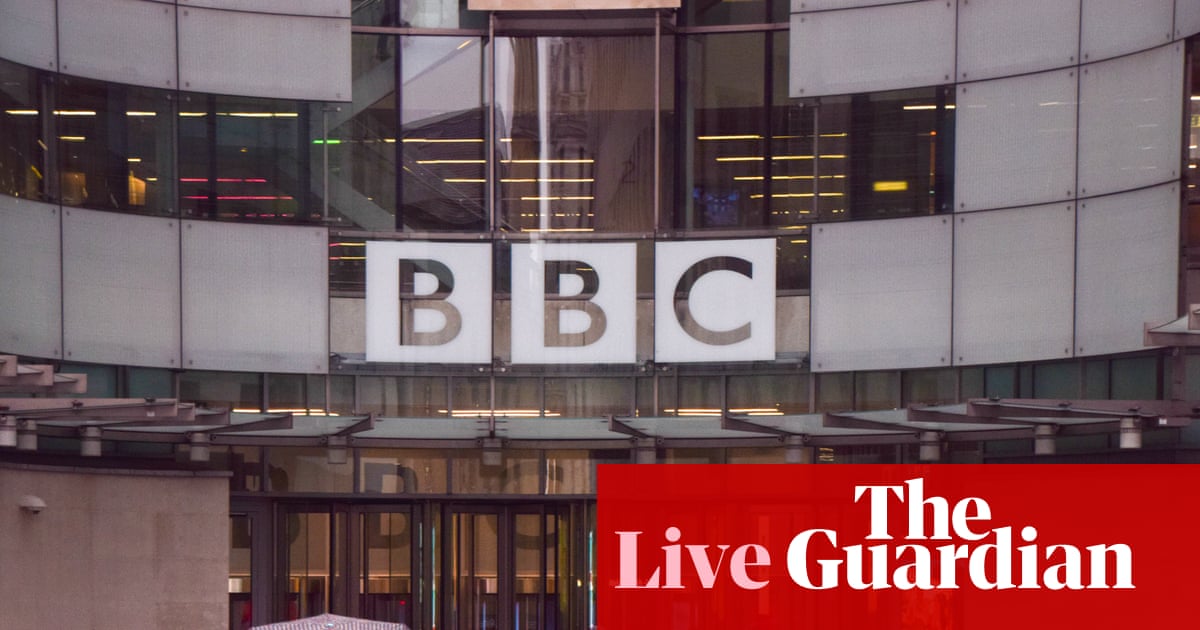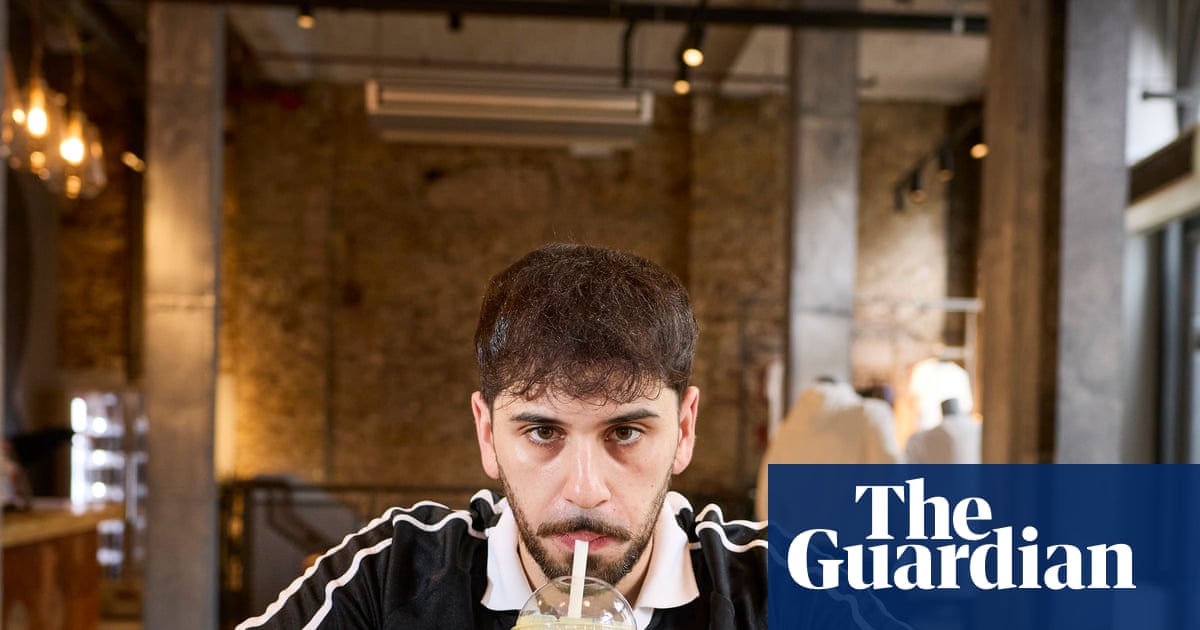Snapchat has been accused of leaving an “overwhelming number” of drug dealers to openly operate on Snapchat, making it easy for children to buy substances including cocaine, opioids and MDMA, by a Danish research organisation.
The social media platform has said it proactively uses technology to filter out profiles selling drugs. But research by Digitalt Ansvar (Digital Accountability), a Danish research organisation that promotes responsible digital development, has found evidence of a failure to moderate drug-related language in usernames. It also accused Snapchat of failing to respond adequately to reports of profiles openly selling drugs.
Using 13-year-old profiles, researchers easily found a multitude of people openly selling drugs on Snapchat under usernames featuring obvious keywords such as “coke”, “weed” and “molly”. When researchers reported 40 such profiles to Snapchat, the company only removed 10 of them. The other 30 reports were rejected, they said.
Snapchat said it had already “proactively disabled” 75% of the accounts reported and have now disabled all of them.
The investigation also found that despite previous criticism, Snapchat’s recommendation systems were spreading and promoting profiles selling illegal drugs to users – including children who had not previously shown an interest in or interacted with drug dealing profiles.
Within just a few hours, their 13-year-old test profiles were recommended to add up to 70 suspected drug dealing profiles simply because one of their friends was connected to a drug dealing profile.
Digitalt Ansvar’s CEO, Ask Hesby Holm, said: “As a child or young person, you therefore don’t need to search for these profiles yourself; you can have them recommended directly by Snapchat. That is deeply problematic.”
He added: “Snapchat itself says they proactively use technology to filter out profiles that sell drugs on the platform. Our investigation shows that this is not true. Snapchat hosts an overwhelming number of openly drug-related profiles and appears not to moderate either implicit or explicit drug-related language in usernames.”
This failure to moderate profiles with such obvious usernames, he said, meant that “children and young people therefore have very easy access to buying drugs on Snapchat”. He added: “It’s not technology that’s lacking, it is will. Snapchat can easily filter such usernames.”
According to Snapchat, in 2023, it had a 90% reach of 13-24-year-olds in the Nordics.
Digitalt Ansvar accused Snapchat of breaking EU rules for digital services on the protection of children and called for authorities to act.
A Snapchat spokesperson said: “We have zero tolerance for drug sales on Snapchat. Even though the accounts flagged in the study were not all reported in-app, more than 75% of those accounts had already been disabled by our teams before we were made aware of this report, and all accounts now have been.
“At Snapchat, we are working diligently and have invested tremendous resources to stop drug dealers from abusing our platform. We deploy proactive detection to identify and disable these accounts, support law enforcement to bring dealers to justice, and educate our community about the dangers of drugs. Over the past year, we have proactively consulted law enforcement across Europe to identify new search terms and emojis used by criminals, aiming to enhance our proactive detection and maintain a hostile environment to drug dealers.”

 2 months ago
64
2 months ago
64








